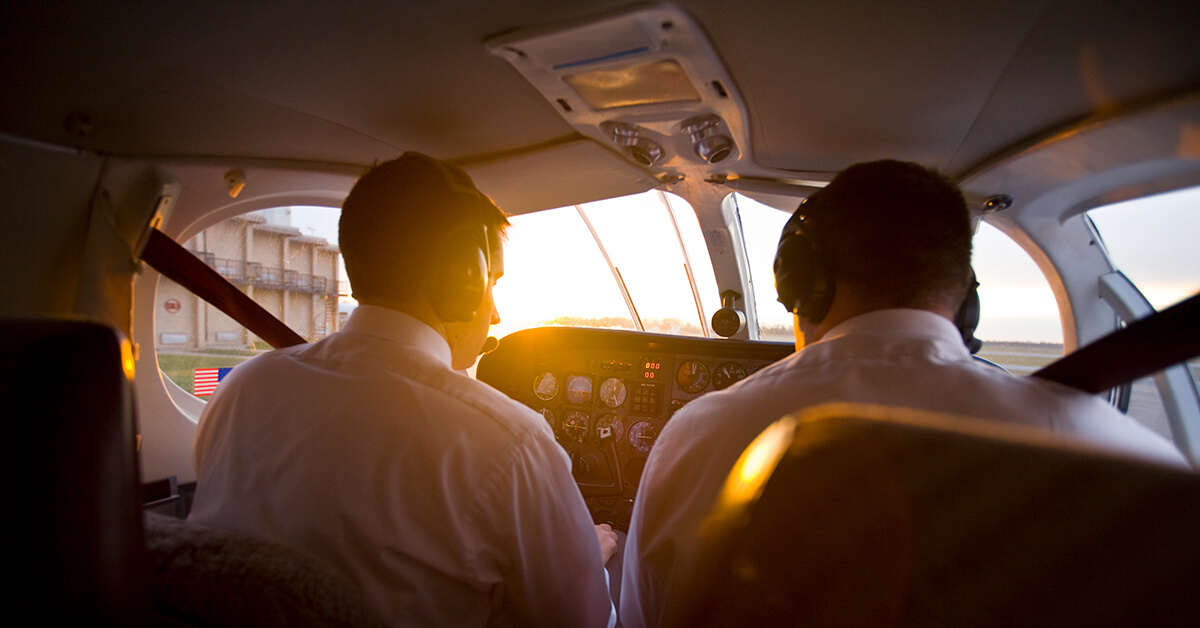Aviators Urged to Seek Mental Health Treatment at National Safety Forum

Oct. 19, 2022
Mental health conditions are often underreported and untreated, especially in the aviation industry, despite the fact that a significant percentage of the population will face a serious mental health challenge at some point in their life. In fact, post-COVID, one in three adults will face a mental health challenge in a given year.
A panel discussion titled “Let’s Talk: Aviation Mental Health” brought these issues to light at the 2022 NBAA Business Aviation Convention & Exhibition (NBAA-BACE) as part of the seven-part National Safety Forum series.
Matt McNeil, founder of Lift.Affect, explained mental health is essentially your emotional, psychological and social well-being. Mental health contributes to how we relate to others and how we respond to stress.
FAA Federal Air Surgeon Dr. Susan Northrup explained the FAA’s chief concern regarding health is a sudden incapacitation, but in reality, mental health issues and stress are a continuum. Twenty-five years ago, a pilot with a mental health diagnosis would have a hard time obtaining a medical. Today, clear guidance exists for aviation medical examiners to issue medicals for mild mental health conditions.
Selective serotonin reuptake inhibitors, or SSRIs, are used to treat common mental health issues. McNeil reported a very high success rate getting pilots back to work using the FAA’s SSRI program, but it can take several months to get approval.
“The problem is not getting the approval,” said McNeil. “The problem is the timeline.”
Dr. Beth Bjerke, associate dean of the John D. Odegard School of Aerospace Sciences at the University of North Dakota, shared the university’s recent initiatives to address mental health at the school and the industry as a whole, including launching a mental health task force and adding mental health awareness to curriculum.
Stigmatization of mental health challenges and fear of retribution contribute to reasons why a very low number of pilot’s seek professional help. While Bjerke acknowledged the hesitancy of pilots to report mental health issues, she also noted the lack of access to specialized AMEs as a significant challenge in addressing mental health concerns in the pilot population.
Ultimately, Northrup urged attendees to spread the word about the importance of early mental health outreach and treatment.
“Get the help you need, when you need, before it becomes so bad it impacts your performance,” Northrup said.
Any person who attends an NBAA convention, conference, seminar or other program grants permission to NBAA, its employees and agents (collectively "NBAA") to record his or her visual/audio images, including, but not limited to, photographs, digital images, voices, sound or video recordings, audio clips, or accompanying written descriptions, and, without notifying such person, to use his or her name and such images for any purpose of NBAA, including advertisements for NBAA and its programs.
Related Articles
May/June 2024
Experts Share Tips on Mitigating Flight Crew Fatigue
April 29, 2024
NBAA News Hour: Unpacking the FAA’s New SMS Rule
April 29, 2024
Podcast: Proactive Steps to Help Prevent Runway Excursions
May/June 2024


 International Business Aviation Council Ltd.
International Business Aviation Council Ltd.